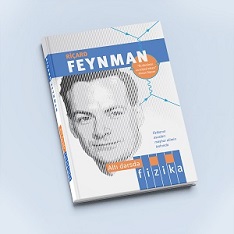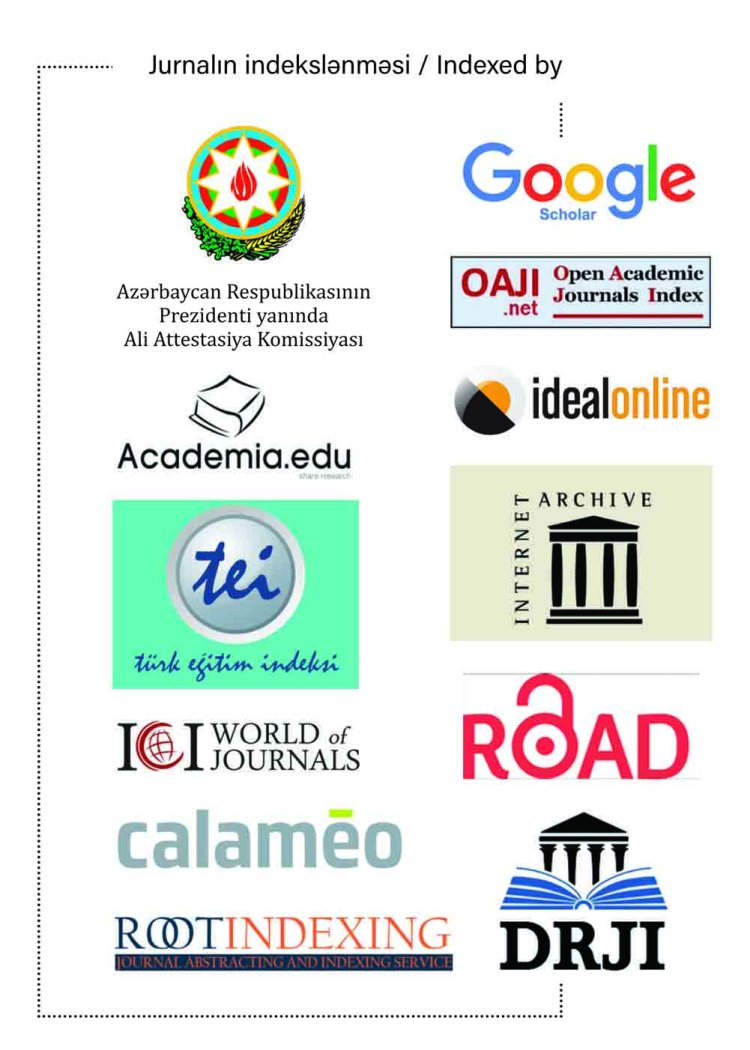QUANTITATIVE AND QUALITATIVE CRITERIA OF WORLD LITERATURE SAMPLES IN GENERAL EDUCATION SCHOOL TEXTBOOKS
ARIF ASADOV
This article explores the role of textbooks and the significance of world literature samples in general education schools within the context of evolving humanitarian issues and the new challenges posed by globalization. While modern technological advancements indicate that textbooks are no longer the sole source of knowledge in general education, their function as a fundamental teaching resource remains crucial. Through content analysis and selected examples, the study investigates the quantitative and qualitative indicators of world literature samples found in primary and secondary school textbooks, revealing several weaknesses in the current state. It is observed that more emphasis is placed on world literature in primary grades, whereas such content decreases noticeably in upper grades. The article highlights the necessity of a systematic and consistent approach in the selection and presentation of works of world literature. Moreover, it underscores the importance of giving greater space to prominent masterpieces of world literature in the Azerbaijani language (for primary grades) and literature textbooks. The preparation of textbooks that meet contemporary educational demands and foster students’ aesthetic awareness, critical thinking, and creative skills is identified as a priority.




